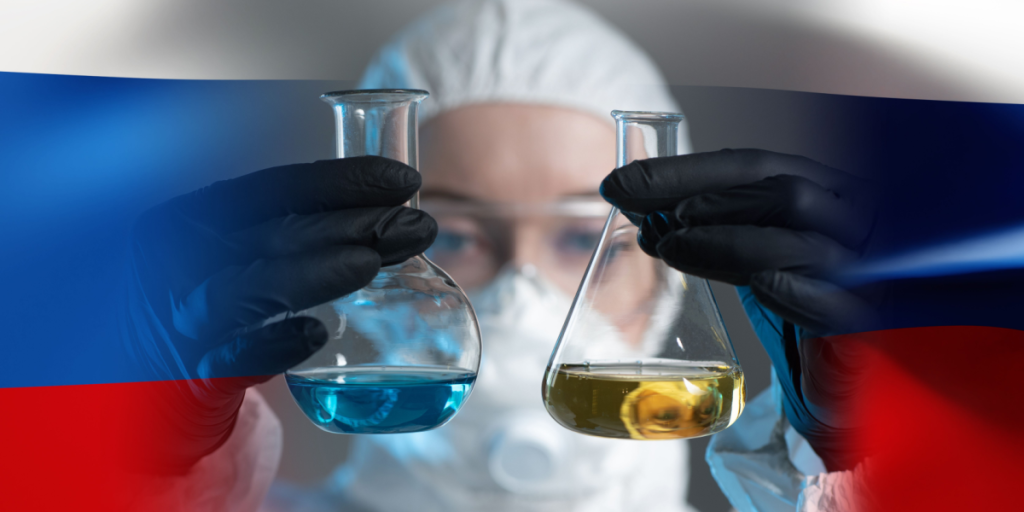Putin himself has said, that he wants to “save 175,000 lives” by 2030.
Others are reading now
Putin himself has said, that he wants to “save 175,000 lives” by 2030.
What is happening?

Over the past few years, Russia has witnessed a dramatic rise in anti-ageing research.
Fueled by public funding and political interest, the field has grown into a booming scientific sector.
According to Novaya Europe, the number of longevity-related projects supported by the Russian Science Foundation (RSF) has increased sixfold since 2021 compared to the previous five-year period.
Big money for a long life

The RSF, a state-run nonprofit founded in 2013, now offers grants of €41,000 to €71,700 per year for anti-ageing research.
Also read
These grants can also be extended for up to two years.
Conservative estimates show that total funding for these projects surged from €215,000 between 2016 and 2020 to €1.8 million since 2021—an almost tenfold jump.
Dozens of projects, one common goal
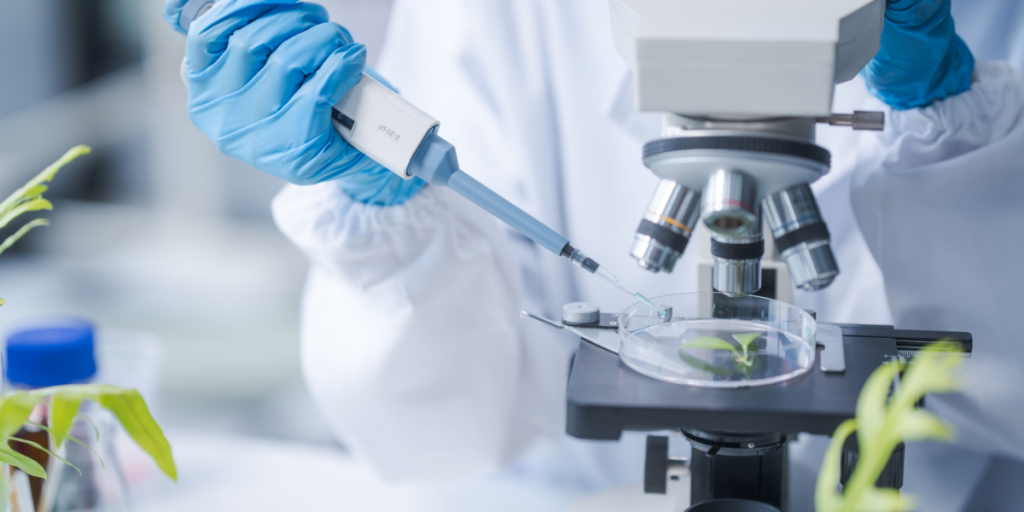
From 2021 to 2023, the RSF awarded 34 grants for anti-ageing studies.
The projects vary widely in scope, including research on immune system aging, brain degeneration, and early signs of Alzheimer’s.
The common goal is clear: to understand, slow, or even reverse the biological clock.
Also read
Predicting how we grow old

One RSF-backed project is studying how differences in innate immunity might explain why some people age healthily while others develop age-related illnesses.
Researchers are working to identify biological markers that could predict these outcomes—potentially changing how ageing is tracked and treated in the future.
Alzheimer’s under the microscope
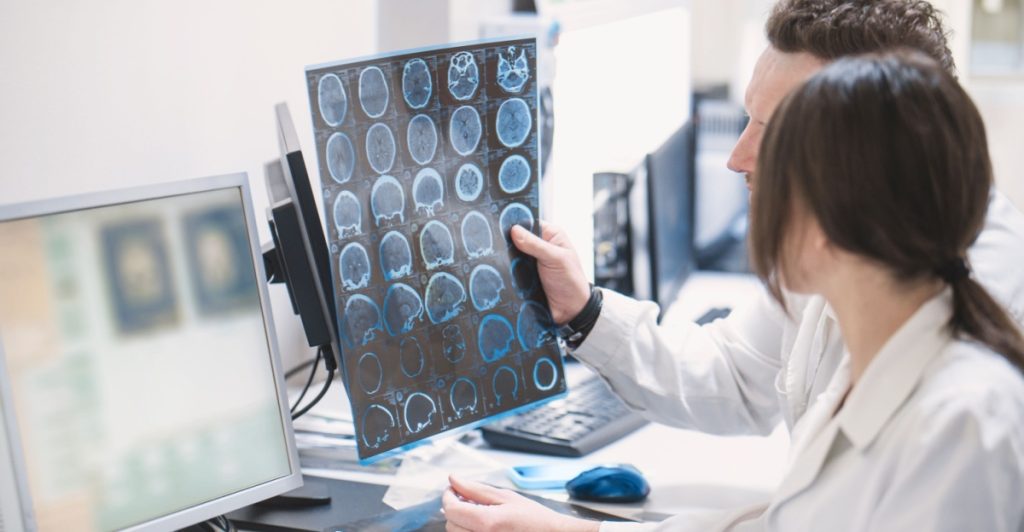
Another team supported by RSF is focusing on neurological links to ageing.
Their goal is to connect changes in the brain and eyes to early signs of Alzheimer’s disease.
If successful, the research could offer new methods for delaying the onset of dementia, a growing concern in ageing populations.
Also read
A massive grant for Putin’s daughter
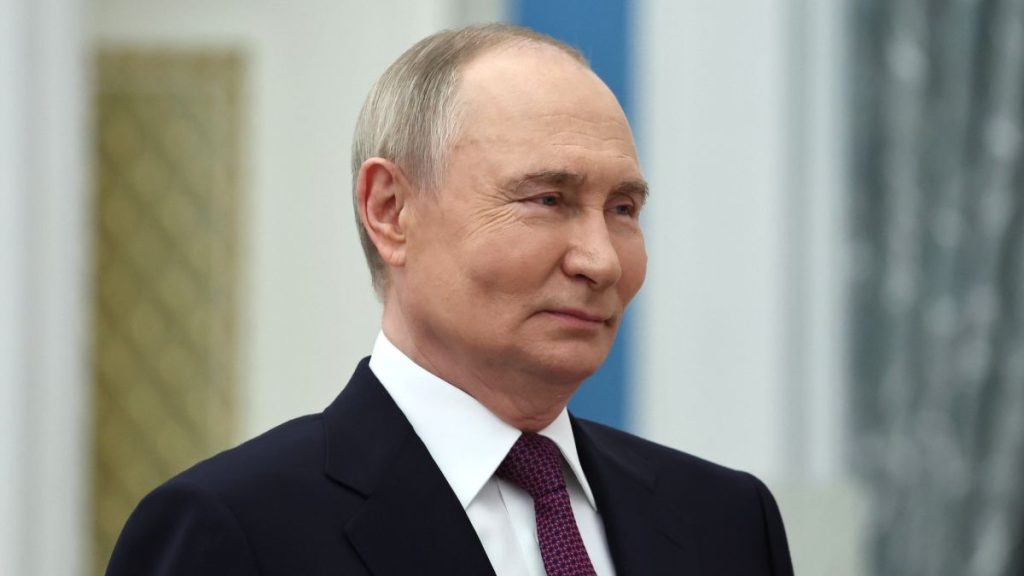
Among the researchers receiving RSF support is Maria Vorontsova, Vladimir Putin’s eldest daughter. Her project looks into cell renewal and longevity.
Despite a lower Hirsch index than other grantees—a key measure of academic impact—she received a grant that may exceed €308,000, far above the norm.
Inside the Hypothalamus

One of this year’s grants went to a project exploring how ageing affects neurons in the dorsomedial nucleus of the hypothalamus.
Using in vitro methods, scientists are trying to understand how these neurons behave over time—an effort to unlock new insights into how ageing changes the brain.
Big budget, small slice for ageing
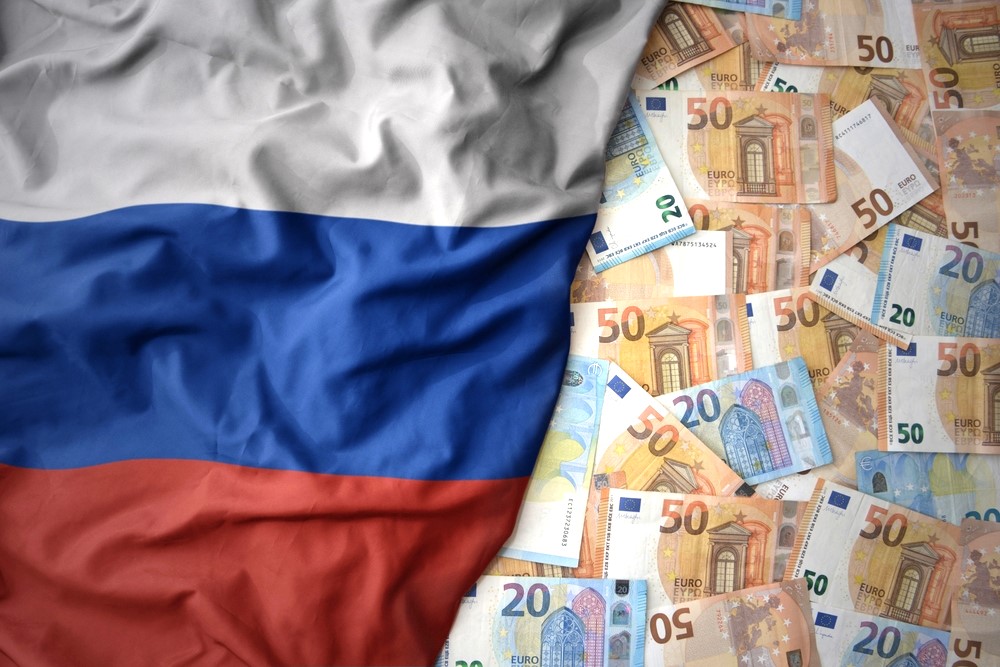
The RSF’s total grant budget in 2024 reached around €410 million. Yet only five medical projects directly tied to ageing were funded.
Also read
While anti-ageing science is growing, it still represents a small fraction of Russia’s broader research agenda.
Prioritization remains selective—and sometimes politically influenced.
Putin and Xi caught on mic
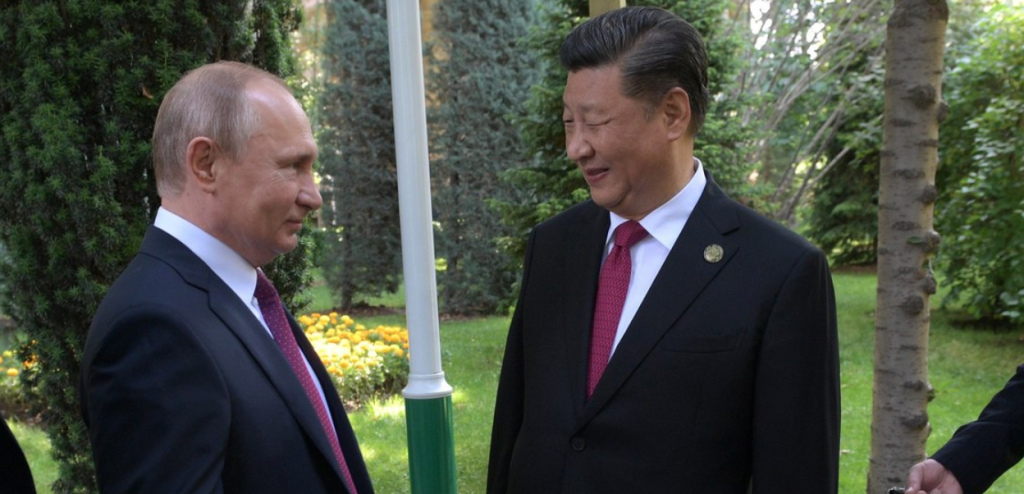
In an unguarded exchange during a Beijing military parade on 3 September 2025, Putin and Chinese President Xi Jinping were caught discussing the future of human longevity.
Xi said people born in the 21st century could live to 150, while Putin claimed modern medicine might lead to “immortality”.
China pulls plug on clip

The clip of the conversation, initially published by Reuters, was swiftly pulled offline.
Also read
Chinese state broadcaster CCTV revoked the licence for the footage, prompting Reuters to ask clients to delete it.
The move raised eyebrows about the sensitivity of the longevity topic at the highest levels of power.
Putin’s new national project: Saving 175,000 lives
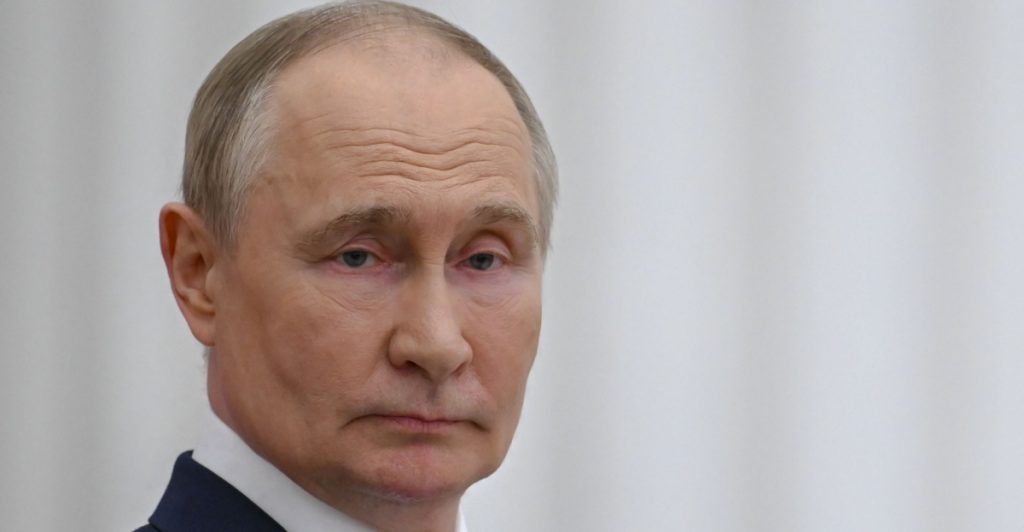
In 2024, Putin launched a sweeping new national initiative to develop technologies for preserving health and extending life.
One of its stated goals is to “save 175,000 lives” by 2030.
The project includes investments in disease prevention, bioprinting, neurotech, and methods for measuring biological age.
Also read
The Kurchatov Institute’s strange science

The project’s architect is Mikhail Kovalchuk, head of the Kurchatov Institute and a close ally of Putin.
Kovalchuk has long supported fringe genetic theories, including the development of a “Russian genome” and the idea of DNA-based ethnic weapons—claims dismissed by mainstream scientists as dangerous pseudoscience.
Experts doubt the science — and the budget
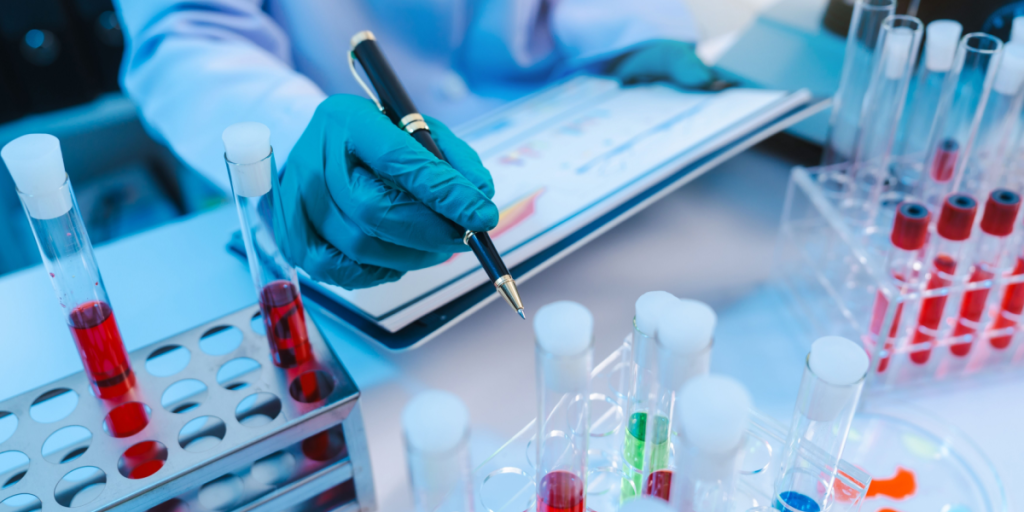
Independent outlet Meduza reported that many experts remain skeptical of the longevity initiative.
Critics cite unproven science, vague goals, unclear budgets, and limited infrastructure as major red flags.
For many, the project appears more symbolic than achievable, especially at scale.
Also read
Siberian antler baths: Putin’s unorthodox ritual
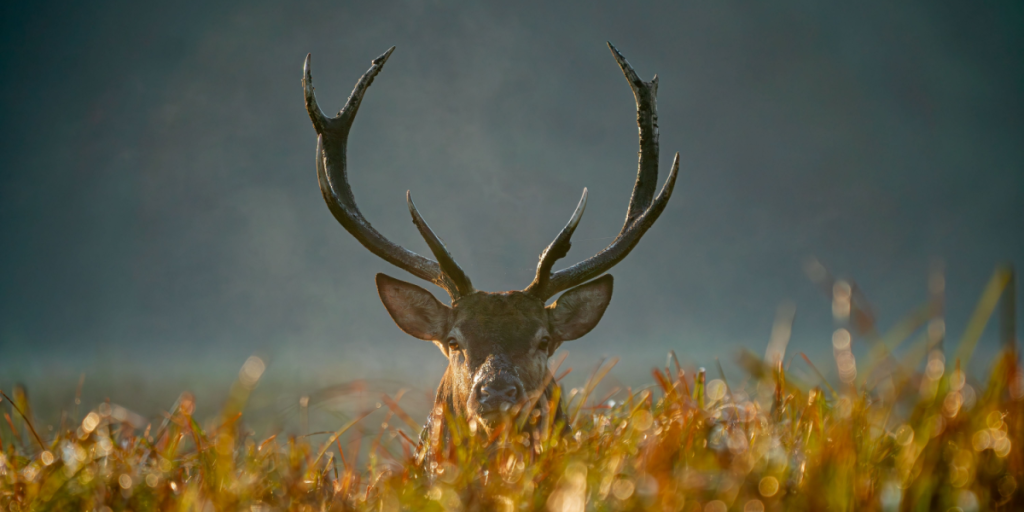
Putin’s interest in longevity reportedly goes beyond labs.
In 2022, investigative outlet Proekt revealed that then-defense minister Sergey Shoigu encouraged Putin to try antler baths—a Siberian treatment involving deer antler blood.
Though scientifically unproven and cruel to animals, the practice is said to rejuvenate the skin and heart.
Blending science with superstition
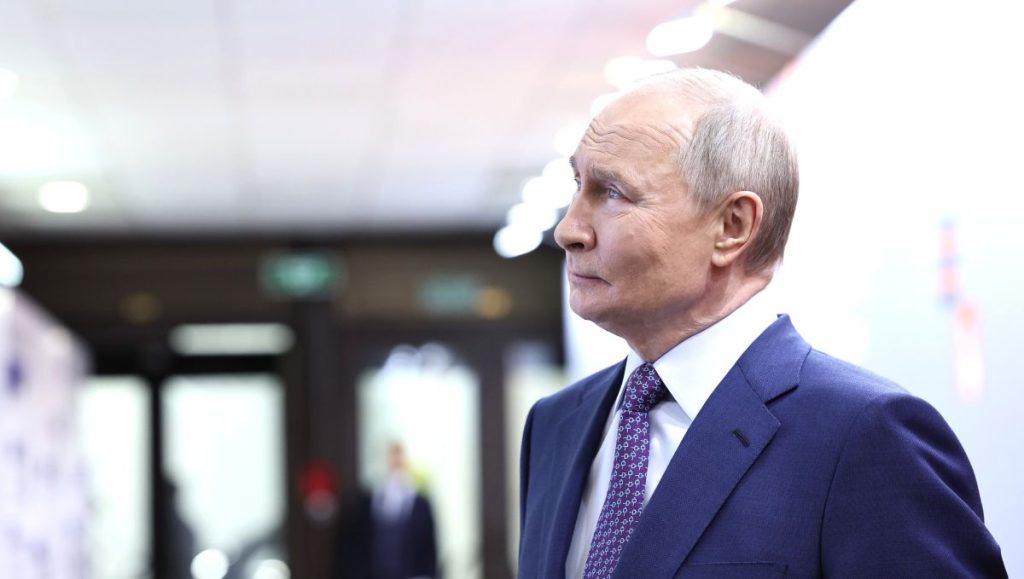
Once Putin began taking antler baths, they became a craze among Russia’s elite.
The ritual, reminiscent of Soviet-era mysticism, shows how even Russia’s top leaders mix scientific ambition with traditional beliefs.
Also read
As with Stalin before him, Putin’s approach to science may bend when modern medicine fails to deliver answers.

